
- Share via
Hello, and welcome to this week’s selection of top stories in pictures by Los Angeles Times photographers.
A dirt parking lot in the San Gabriel Mountains has become a major flyway for migrating birds. It’s not clear why exactly this spot, in an area known as Bear Divide, has become a magnet for migrating tanagers, orioles, buntings, grosbeaks and warblers; but scientists suspect that it might have to do with a funneling effect from the topography.
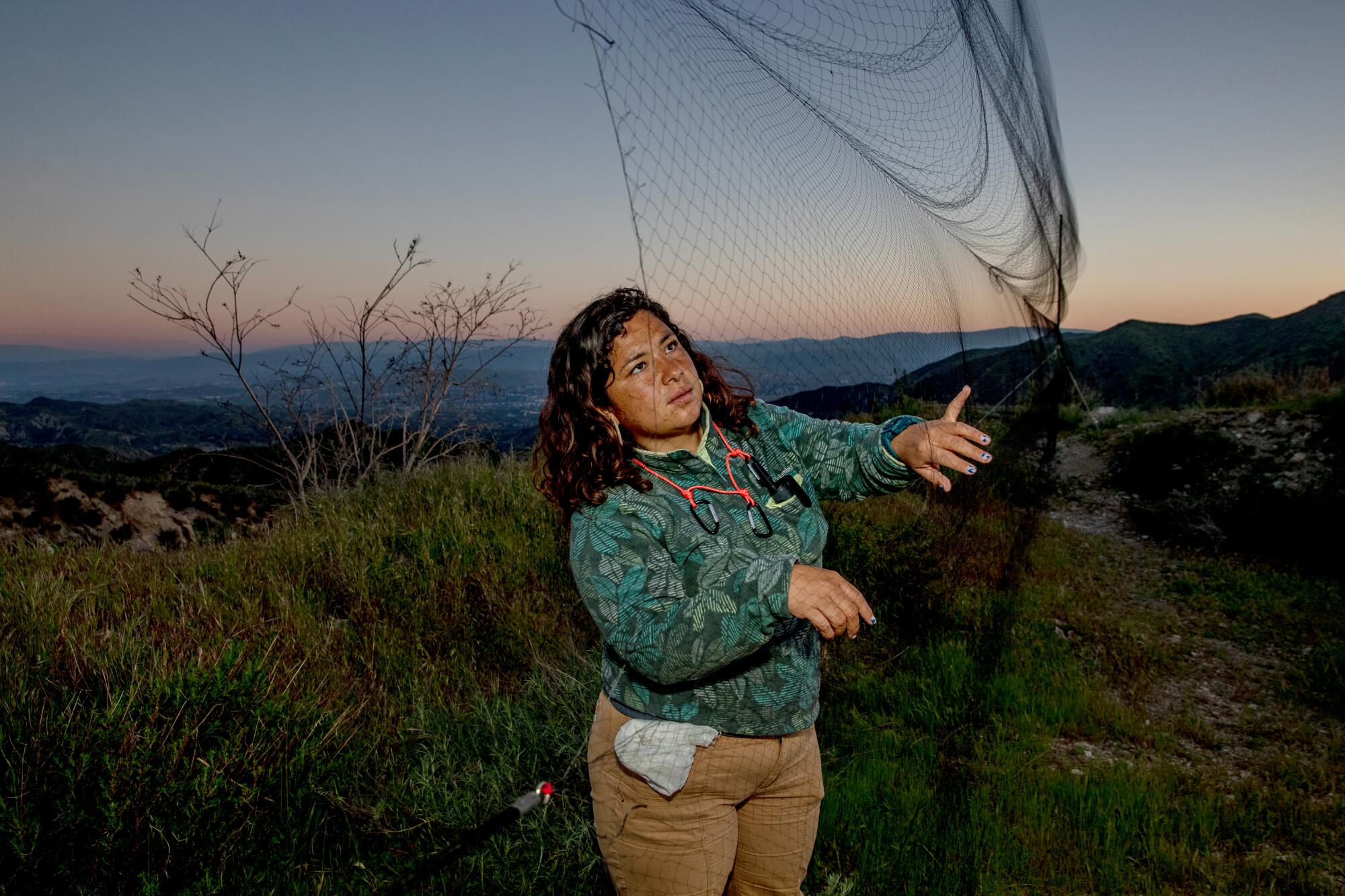

::
A terrifying hourlong rampage on Tuesday ended with a teen’s death at Westlake High School in Thousand Oaks, shattering a family and leaving the school community in mourning. Fifteen-year-old Wesley Welling was killed when a motorist linked to a stabbing and a domestic incident earlier in the day allegedly drove into a group of students intentionally.
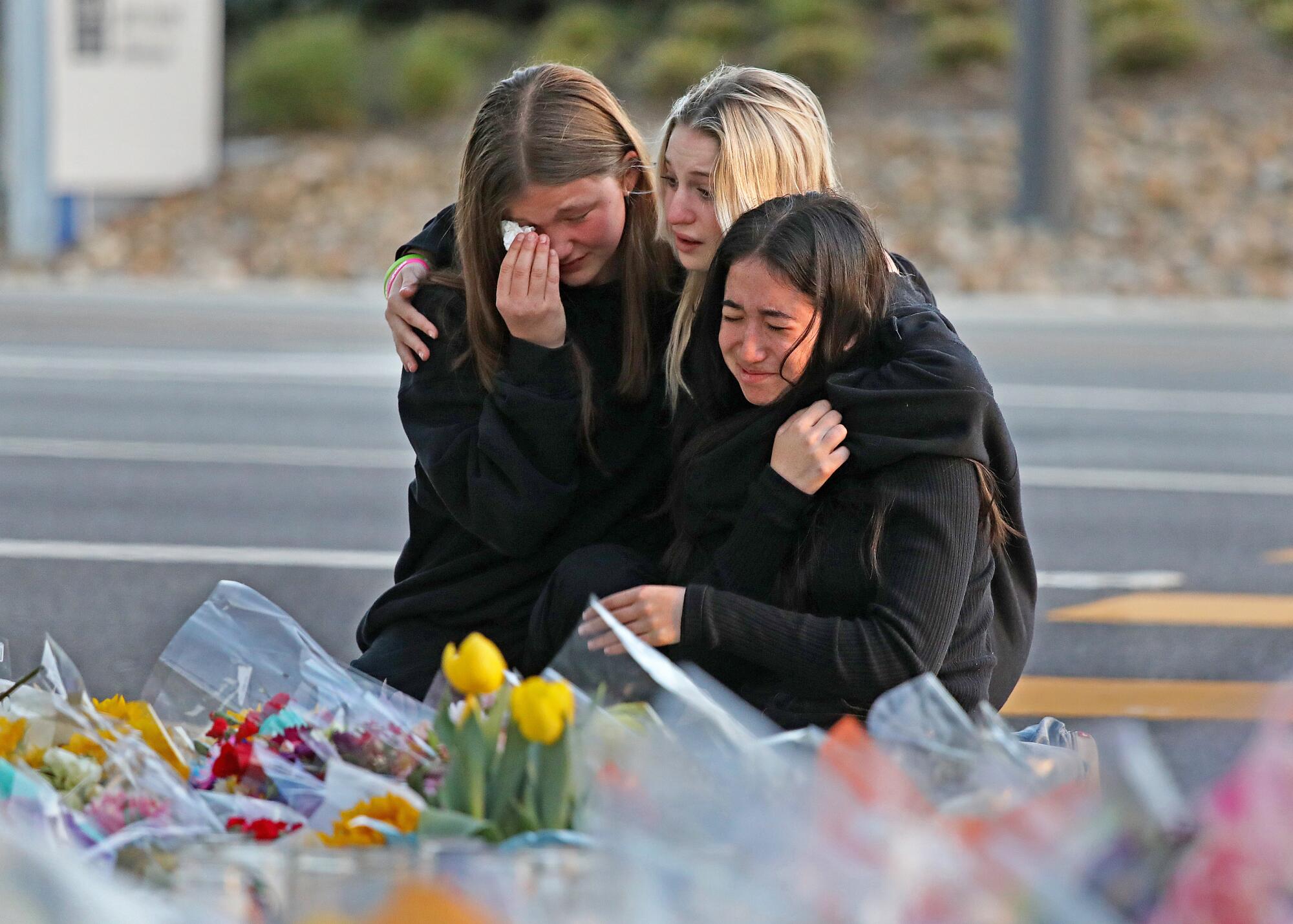
::
Despite the boost from recent storms to California rivers and reservoirs, in the San Joaquin Valley, chronic overpumping of groundwater by agriculture has left homeowners with dry wells, and some 1,800 families still rely on state-funded water deliveries to fill household tanks. On top of dry wells, other water projects await fixes, including systems that draw from groundwater contaminated with hazardous pollutants.
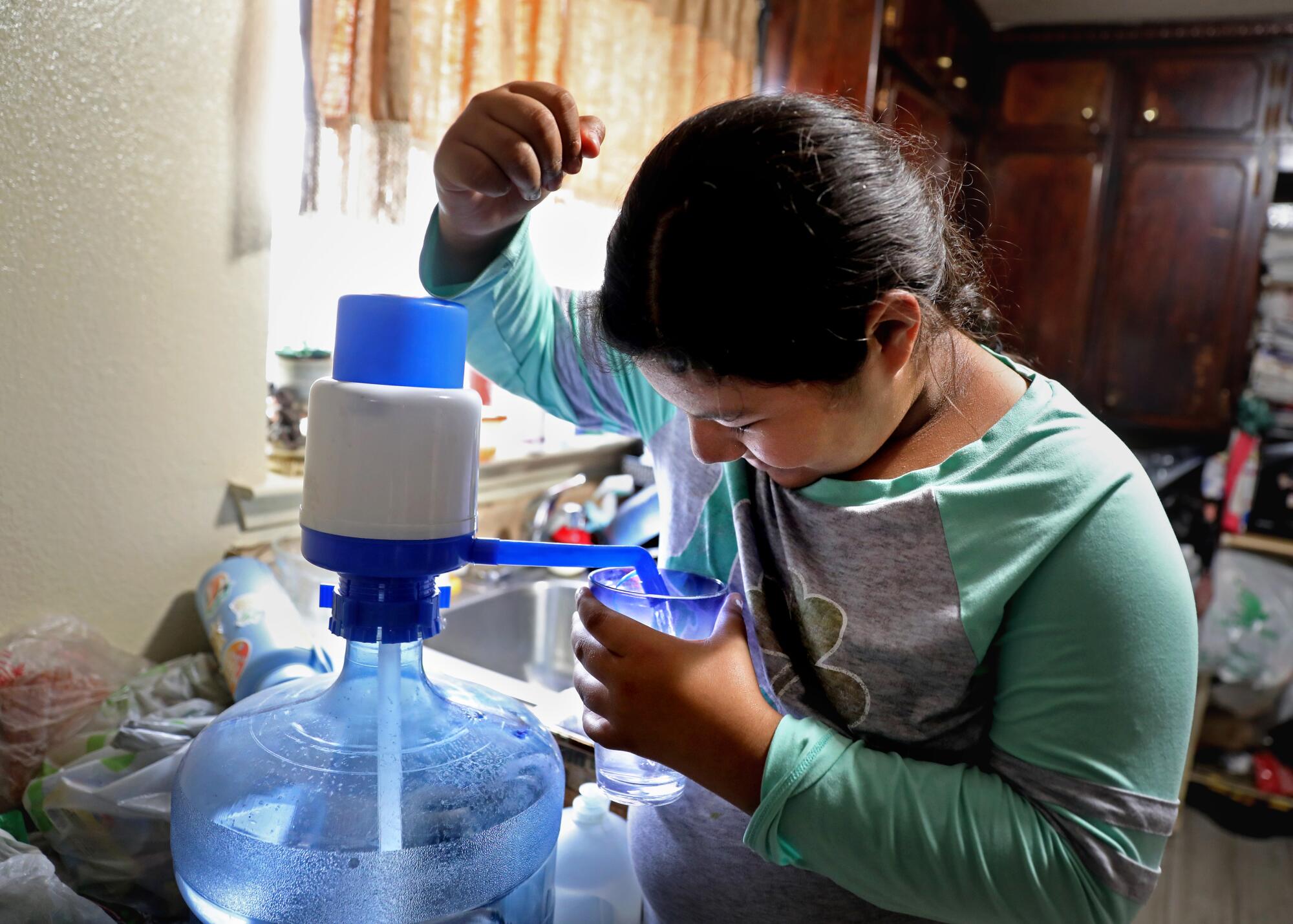

::
House Speaker Kevin McCarthy made clear this week that he would agree to raise America’s debt ceiling for one year, but only if President Biden accepts spending cuts that would leave many of the president’s policy priorities, including responding to climate change, unfunded.

::
As of mid-April, 88 inmates at California State Prison Sacramento were being held in “short-term restricted housing,” which critics describe as solitary confinement. The reintroduction of a bill to end prolonged solitary confinement in California’s corrections system has reignited a contentious debate in the Legislature over using isolation as punishment.
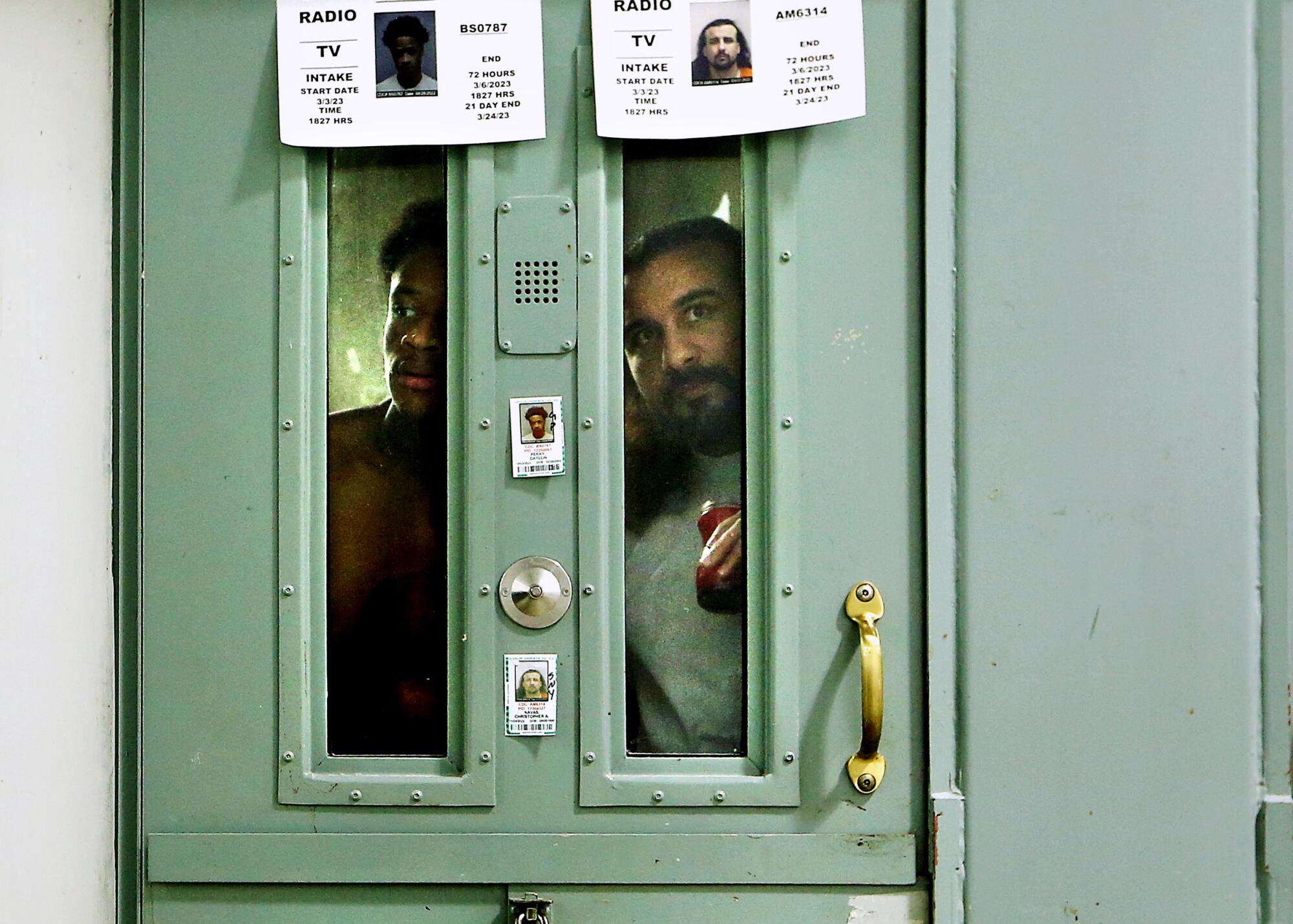
::
The men, covered in gang tattoos, made pastries and garlic bread out of a makeshift bakery in the church’s basement. They walked gang neighborhoods, preaching the Gospel through megaphones.
— as reported by Leila Miller
In El Salvador, men were leaving gangs and finding God as evangelical churches helped rehabilitate former gang members, including those from the L.A.-born MS-13. Then the country cracked down on gangs and police started arresting anyone who might be connected to one, emptying rehabilitation programs and filling up prisons.
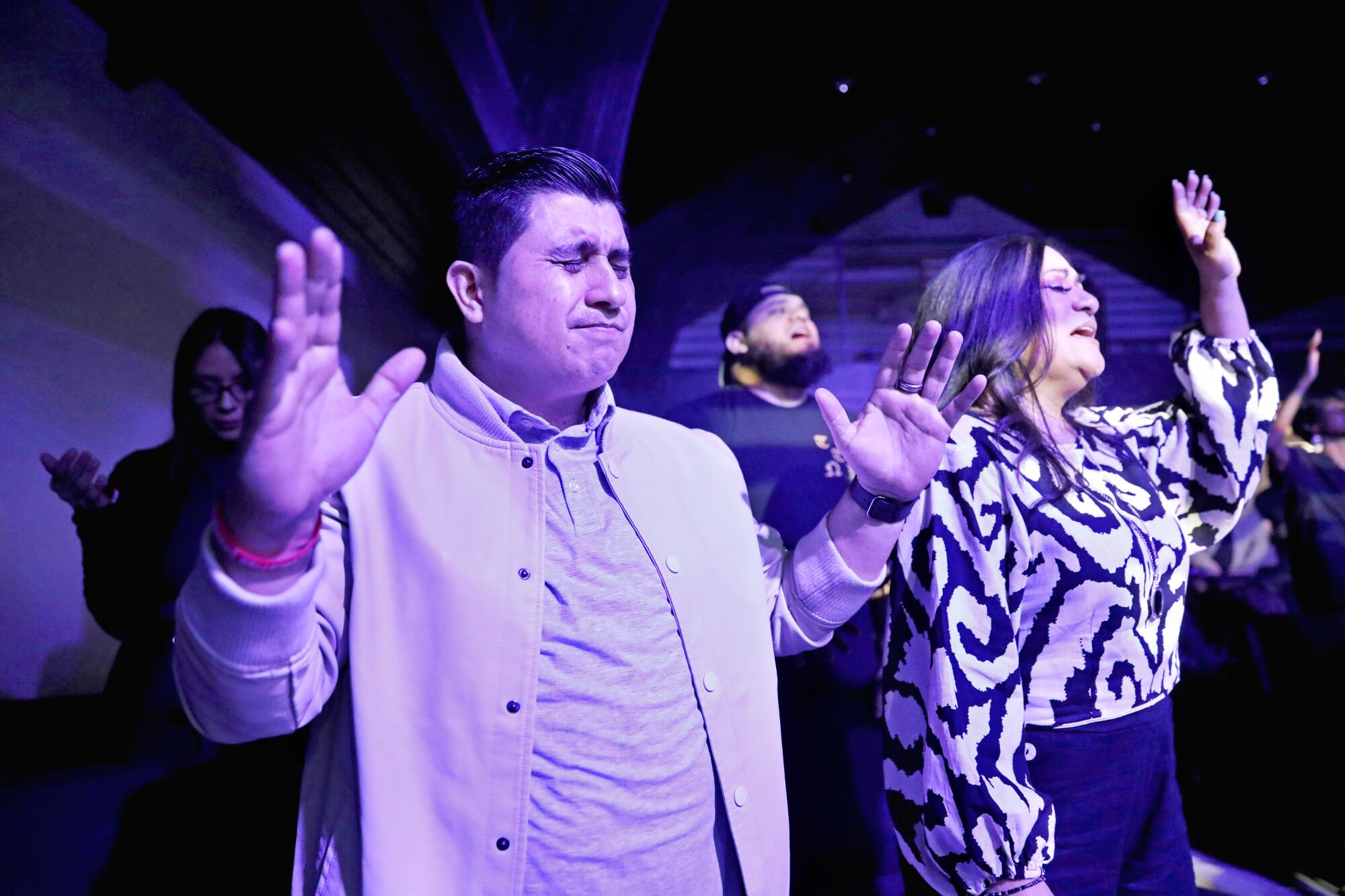
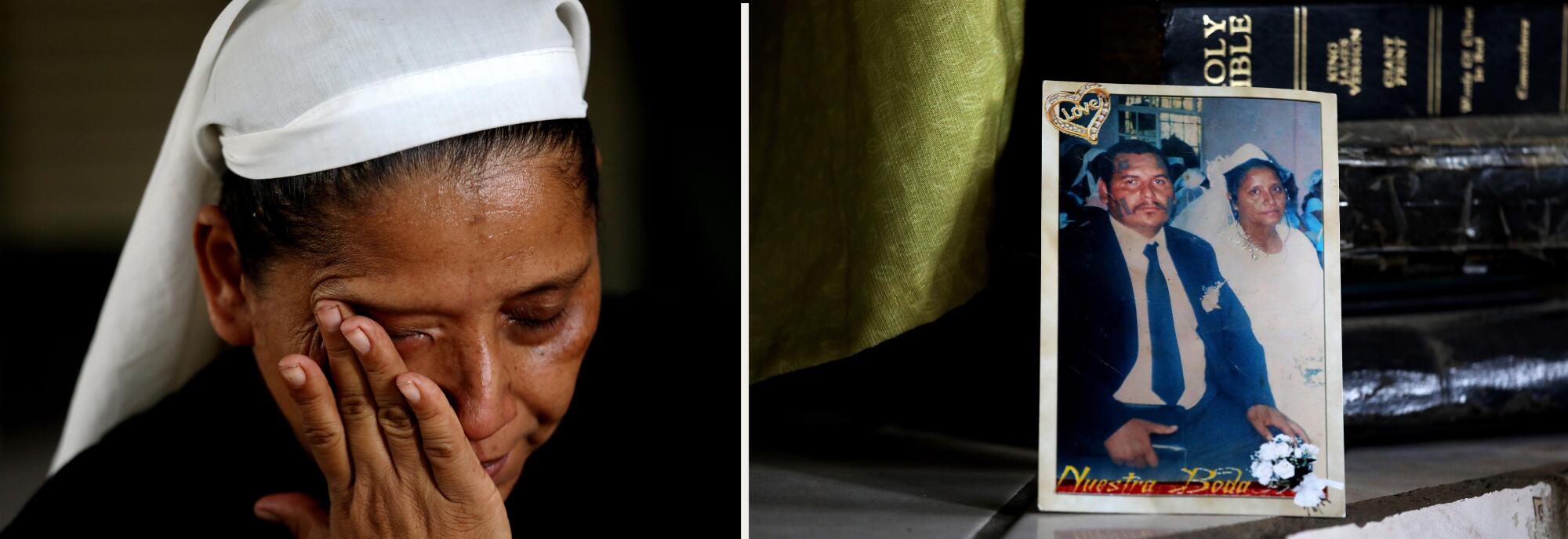
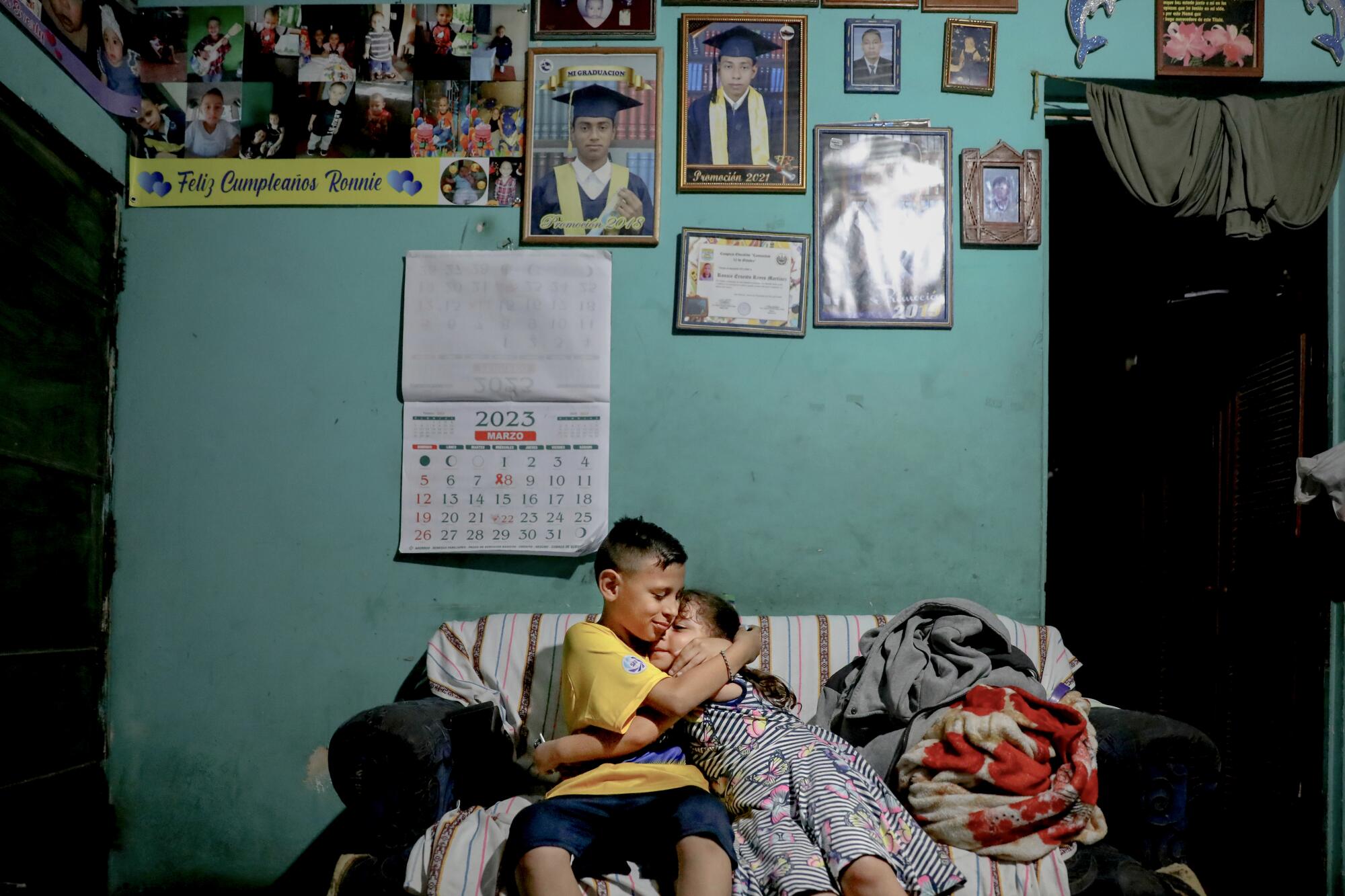
::
Beneath Palm Springs’ mystique lie layers of troubled history, stacked up to form a segregated geography that survives today.
— reports Gale Holland
The affluent and coiffed Palm Springs faces a $2-billion reparations claim from Black and Latino families who were burned out of their homes 50 years ago during the city’s “slum clearance” to build a fantasy for rich white people.

::
Coachella‘s Weekend 1 opened the 2023 edition of the popular, hip and lucrative Indio music festival with its most diverse lineup yet, featuring Bad Bunny, Blackpink and Frank Ocean, among others. See our guide to Coachella’s Weekend 2.


::
An exclusive island town might be California’s biggest violator of affordable housing law. “Coronado officials have thumbed their noses at Gov. Gavin Newsom and state regulators, calling the process ‘central planning at its worst’ and assuring residents that it will be years before the state cracks down,” writes The Times’ Liam Dillon. Meanwhile, some housekeepers at the town’s Hotel del Coronado have to endure hours-long commutes because not one of them can afford to live nearby, let alone in town.
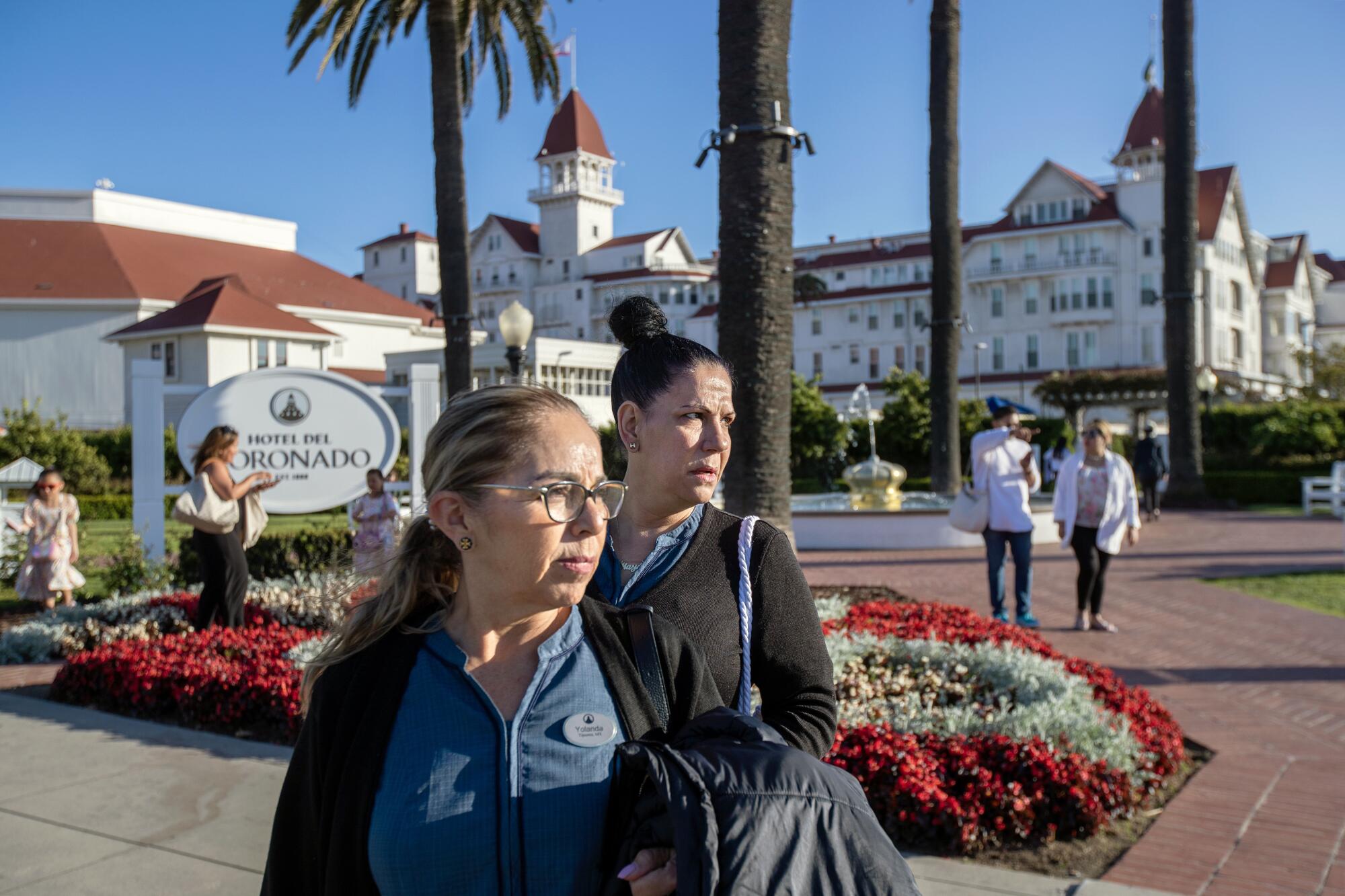
::
Three years and $62,000 in medical expenses later, a musician and her caregiving partner struggle to navigate the financial, mental and physical challenges of long COVID.
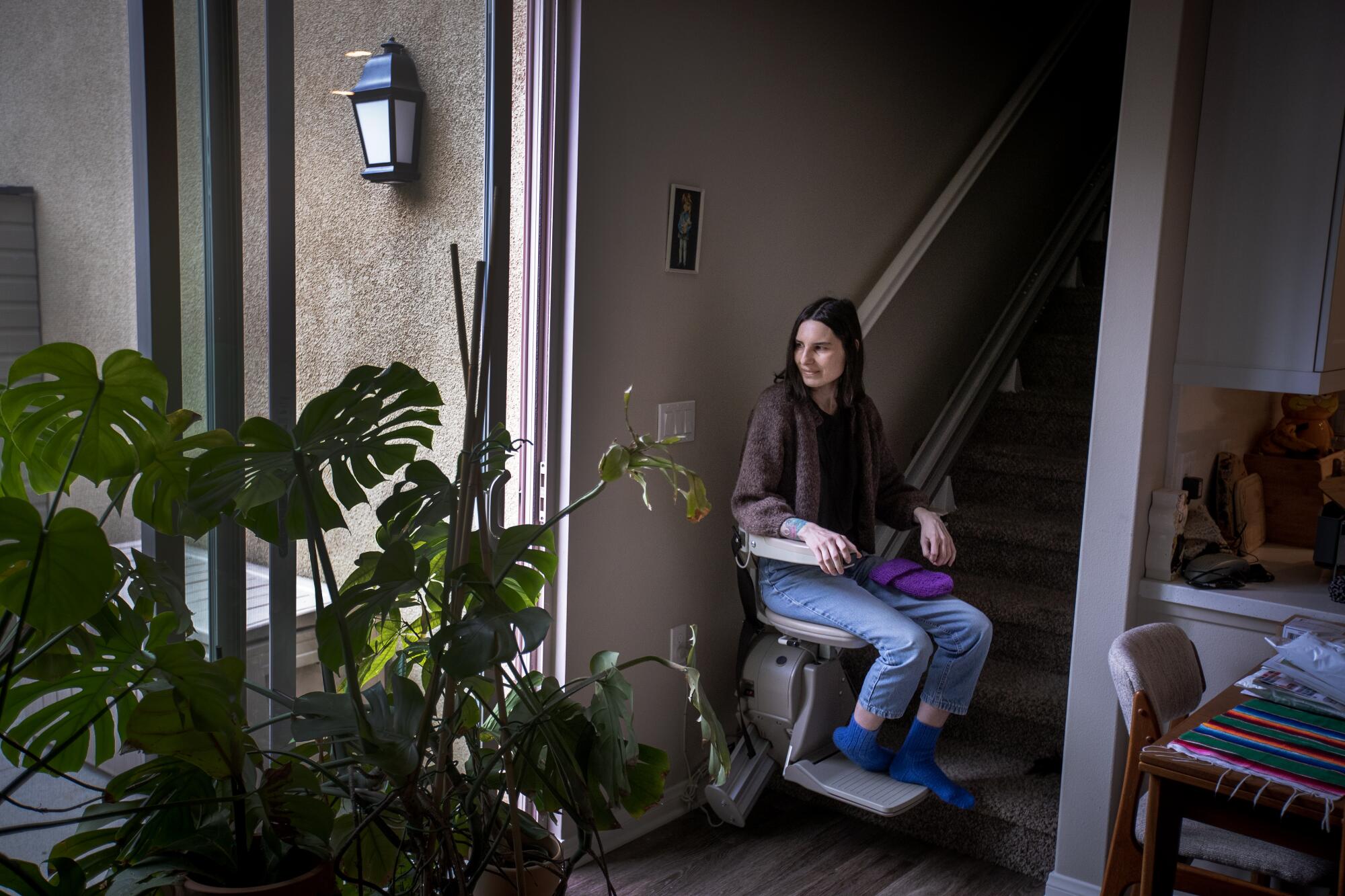
::
And finally, on Friday the Supreme Court ruled for the Biden administration on abortion pills, preserving legal access to mifepristone in most of the nation. The medication, one of two used in the most common method of ending early pregnancies, is the subject of a continuing legal challenge to its FDA approval in the battle over abortion access.
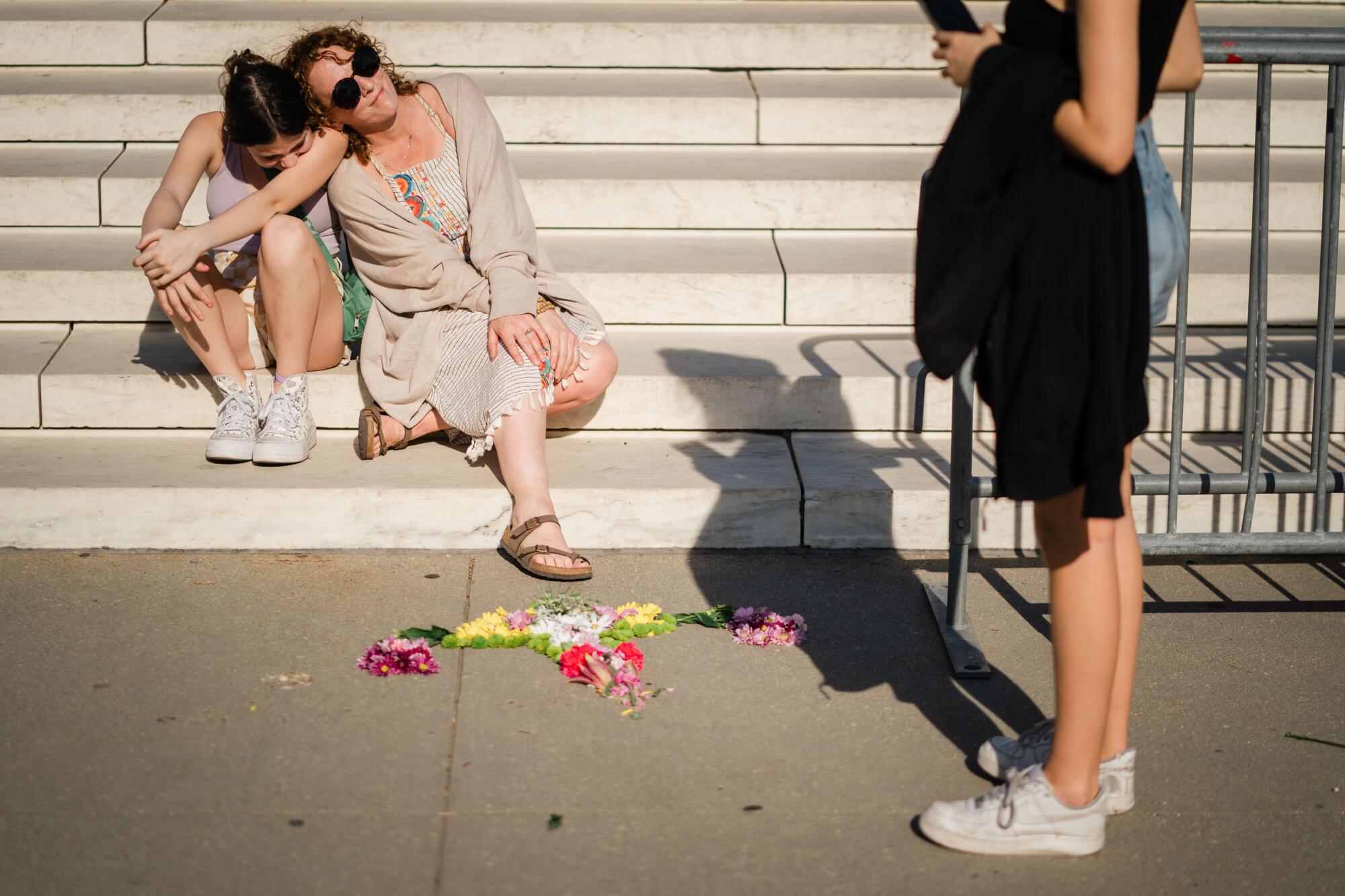
::
More to Read
Sign up for Essential California
The most important California stories and recommendations in your inbox every morning.
You may occasionally receive promotional content from the Los Angeles Times.











